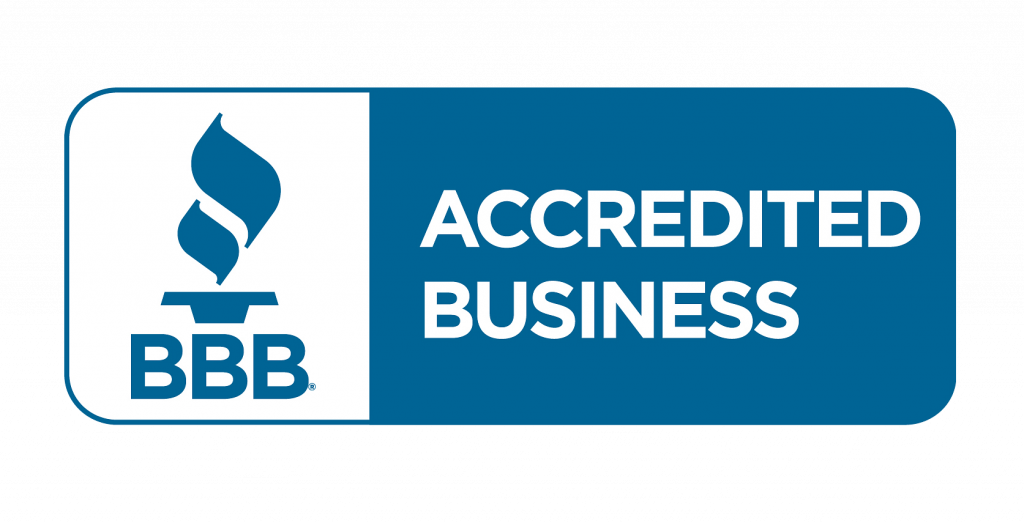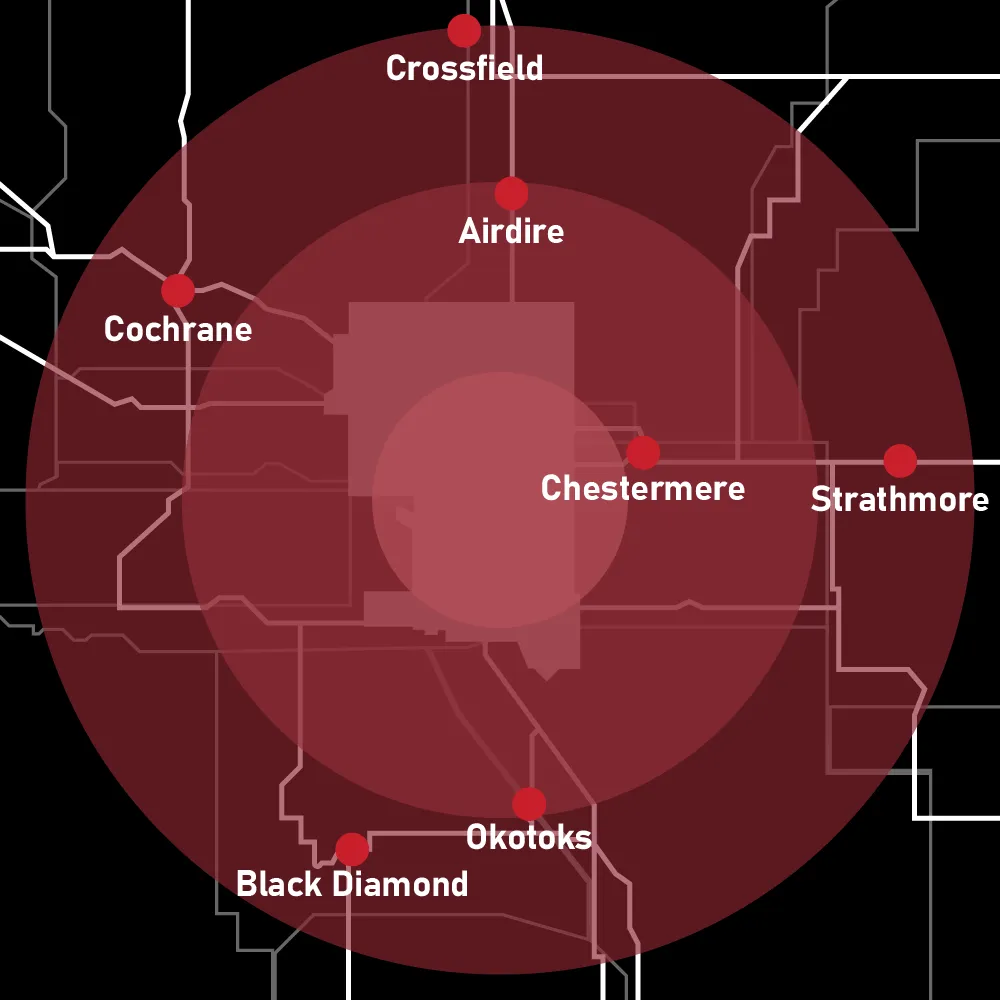Heavy-duty trucks are vital to the operation of businesses, ensuring goods are delivered efficiently and work gets done on time. Given their constant use and the heavy loads they carry, regular maintenance and repairs are crucial to avoid unexpected breakdowns. If you ignore the signs your heavy-duty truck needs repair, the consequences can include costly repairs, downtime, and even dangerous accidents. This article will help you identify the most common warning signs and offer tips for preventative maintenance for heavy trucks to avoid major issues down the road.
Common Warning Signs of Truck Problems
Recognizing the early signs of truck problems can prevent expensive and time-consuming repairs. Below are some of the most common indicators that your truck needs immediate attention.
Unusual Noises
Heavy-duty trucks generate noise, but grinding, clunking, or hissing sounds are not normal. These noises may point to problems with the engine, transmission, or brakes. For instance, grinding sounds often signal worn-out brake pads, while clunking may be related to suspension issues. Addressing these common heavy-duty truck issues immediately can prevent them from worsening.
Loss of Power or Sluggish Performance
A significant symptom of heavy-duty truck engine problems is the loss of power or sluggish performance. Issues like a clogged air filter, malfunctioning turbo, or problems with the fuel system can reduce engine power. This not only decreases fuel efficiency but also compromises safety, particularly when carrying heavy loads. If you find yourself asking, why is my truck losing power? It’s time to have your vehicle inspected.
Dashboard Warning Lights
Dashboard lights act as your truck’s built-in diagnostic system. Critical lights such as the check engine light, brake system warning, or transmission temperature indicator should never be ignored. Addressing these warnings promptly can prevent major system failures and costly repairs. Following a heavy-duty truck repair guide can help with diagnosing the issues based on these alerts.
Fluid Leaks
Fluid leaks are a clear warning sign that your truck needs immediate attention. Whether it’s oil, coolant, or transmission fluid, leaks can lead to significant engine or transmission damage if not addressed. Knowing how to identify truck problems starts with keeping an eye out for leaks and getting them checked as soon as possible. Each type of fluid leak signals different underlying issues that should not be overlooked.
Vibrations or Pulling While Driving
If your truck vibrates excessively or pulls to one side while driving, this could indicate issues with the suspension, tires, or brakes. These heavy-duty truck suspension failure signs are not only dangerous but also increase wear on your tires and other components, potentially leading to accidents if ignored. Regular checks can help you diagnose truck tire alignment problems early on.
Critical Systems That Require Immediate Repair
Several systems in heavy-duty trucks are essential for safe operation, and failure to repair them immediately can result in major downtime and accidents.
Brake Systems
Brakes are the most critical safety feature of any truck. Knowing when to replace truck brakes becomes clear when you experience squealing, a spongy pedal, or longer stopping distances. Addressing heavy-duty truck brake problems immediately can prevent accidents and further wear on other components, ensuring your vehicle operates safely.
Transmission Issues
Signs of transmission failure include delayed shifting, gear slippage, or transmission fluid leaks. Understanding how to identify transmission issues in trucks is essential for timely repairs. Repairing these issues early on can save thousands in potential damage to the transmission system and ensure your truck remains reliable on the road.
Engine Overheating
Engine overheating can be caused by coolant leaks, radiator problems, or failing water pumps. If your truck shows signs of heavy-duty truck engine problems, you must take action quickly. Ignoring engine overheating can lead to severe long-term damage, potentially resulting in a complete engine failure.
Preventative Maintenance to Avoid Costly Repairs
Taking proactive steps through preventative maintenance for heavy trucks can save you from expensive repairs. Regular maintenance ensures your vehicle remains in good condition and extends its lifespan.
Routine Inspections
Conducting routine inspections before and after each trip is crucial. A heavy-duty truck inspection checklist should include checking fluids, tires, brakes, lights, and the engine. Regular inspections help catch potential issues early, allowing for timely repairs and reducing downtime.
Regular Oil and Fluid Changes
Regular oil and fluid changes prevent engine wear and tear. Knowing how often should heavy-duty trucks be serviced is vital. Adhering to recommended intervals for oil, coolant, transmission fluid, and brake fluid changes can significantly extend the life of your vehicle. This maintenance not only enhances performance but also improves fuel efficiency.
Tire and Alignment Maintenance
Properly inflated and aligned tires play a critical role in preventing accidents and improving fuel efficiency. Recognizing signs of wear or misalignment can help maintain safety. Regularly checking tire pressure and rotating tires is essential for effective heavy-duty truck tire maintenance and overall vehicle safety.
Brake System Checks
Frequent brake inspections are critical, especially for trucks carrying heavy loads. Knowing when to service heavy-duty truck brakes can save you from dangerous situations. Look for early signs of brake wear, such as squeaking or diminished responsiveness, and replace brake pads promptly.
Electrical System Maintenance
As trucks become increasingly reliant on electronics, maintaining the electrical system is crucial. Regular battery checks, wiring inspections, and alternator performance checks are vital aspects of electrical system maintenance for trucks. Ensuring these components are functioning correctly can prevent unexpected failures.
The Cost of Ignoring Early Warning Signs
Ignoring early signs your heavy-duty truck needs repair can lead to far more expensive problems down the road. Minor issues that go unchecked can escalate into significant repairs, costing you time and money. For instance, a small fluid leak can lead to a complete engine failure, resulting in costly repairs and extensive downtime. Breakdowns also lead to missed deliveries, impacting your business’s reputation and bottom line. Addressing repairs early not only saves money but also keeps your fleet running efficiently, minimizing disruptions and enhancing productivity.
Primary Keyword: Signs heavy-duty truck needs repair
Secondary Keyword: Causes of heavy-duty truck breakdowns
Conclusion
Recognizing the signs your heavy-duty truck needs repair is essential for maintaining a reliable fleet. By being vigilant about the early warning signs and implementing effective preventative maintenance for trucks, you can keep your vehicles running smoothly and avoid costly repairs. Regular inspections and timely repairs ensure safety on the road and can save your business from significant financial losses.
For those seeking expert assistance, we encourage you to book an appointment with Rusted Nuts Mechanical Services today for an inspection or maintenance service. Our experienced technicians are ready to help keep your heavy-duty trucks in peak condition.
FAQs Section
How often should heavy-duty trucks be serviced?
Heavy-duty trucks should generally be serviced every 5,000 to 10,000 miles, depending on usage and manufacturer recommendations.
What are the most common causes of heavy-duty truck breakdowns?
Common causes include engine overheating, transmission issues, brake failures, and tire problems, all of which can be prevented with regular maintenance.
Why is my heavy-duty truck losing power?
Loss of power may result from fuel system issues, clogged air filters, or mechanical problems within the engine.
What are the signs of transmission failure in a heavy-duty truck?
Signs include delayed shifting, slipping gears, unusual noises, or fluid leaks, which should be addressed immediately to avoid further damage.







